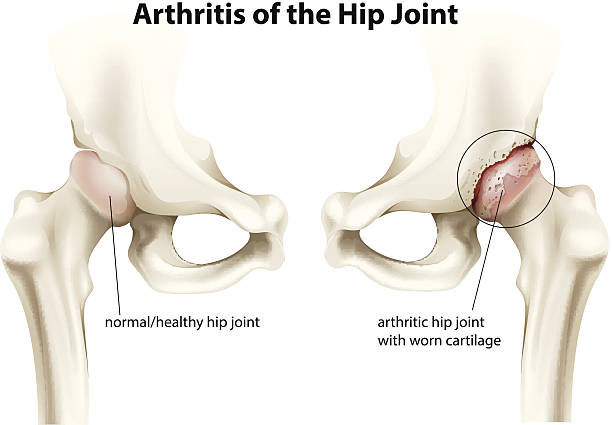Bones are essential to your body because they give structure, support, and protection, but as you age, your bones can weaken and become brittle.
Your bones are dynamic, living tissues that are constantly changing. Understanding the basics of bone health is pertinent to keeping your skeleton in healthy shape.
Types of Bones
Long Bones: These include the femur, tibia, and fibula, providing support and enabling movement.
Short Bones: Found in wrists and ankles, these bones offer stability.
Flat Bones: The skull, ribs, and shoulder blades are flat bones, which protect vital organs.
Irregular Bones: Vertebrae and facial bones fall into this category.
Function of Bones
Bones serve several functions, such as:
-
Support: They give your body its structure.
-
Protection: They safeguard your vital organs.
-
Movement: Muscles attach to bones to allow movement.
-
Blood Cell Production: Bones produce red and white blood cells.
-
Mineral Storage: Calcium and phosphorus are stored in bones.





